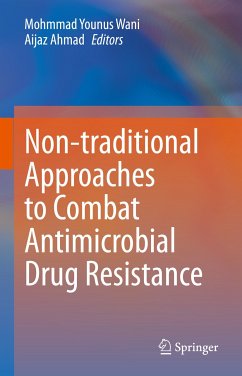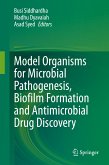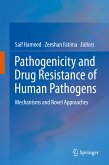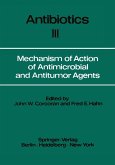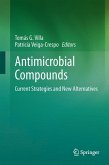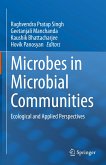This book provides a detailed overview of the progress and challenges of non-traditional approaches for tackling antimicrobial resistance. The first chapter covers the factors that make microbes more likely to develop multidrug resistance. The book goes on to discuss the antimicrobial properties of propolis, essential oils and other microbial constituents that are used or under investigation to treat multidrug-resistant infections. Additionally, it covers alternative compounds that work as antimicrobial agents, their mechanisms of action, and how they might be utilized in conjunction with conventional drugs to circumvent drug resistance. The book explores the application of phage therapy and recent advancements in phage-based infection control with an emphasis on multidrug-resistant infections and discusses drug repurposing as a strategy to develop new antimicrobial agents efficiently and expeditiously. Additionally, it discusses the uses of nanoparticles in the treatment of infections brought on by multidrug-resistant pathogens and examines the use of different nanotechnology-based approaches to fudge microbial resistance mechanisms. It concludes by reviewing recent studies on microbial quorum-sensing systems and focuses on the significance of quorum-sensing systems in controlling microbial resistance mechanisms and at the same time highlights the importance and role of antimicrobial stewardship program to fight microbial infections. The book is an invaluable source of knowledge and information for academics, basic and clinical researchers, clinicians, and paramedic staff involved in one way or the other in the development and use of antimicrobial agents and strategies to combat multidrug resistance.
Dieser Download kann aus rechtlichen Gründen nur mit Rechnungsadresse in A, B, BG, CY, CZ, D, DK, EW, E, FIN, F, GR, HR, H, IRL, I, LT, L, LR, M, NL, PL, P, R, S, SLO, SK ausgeliefert werden.

